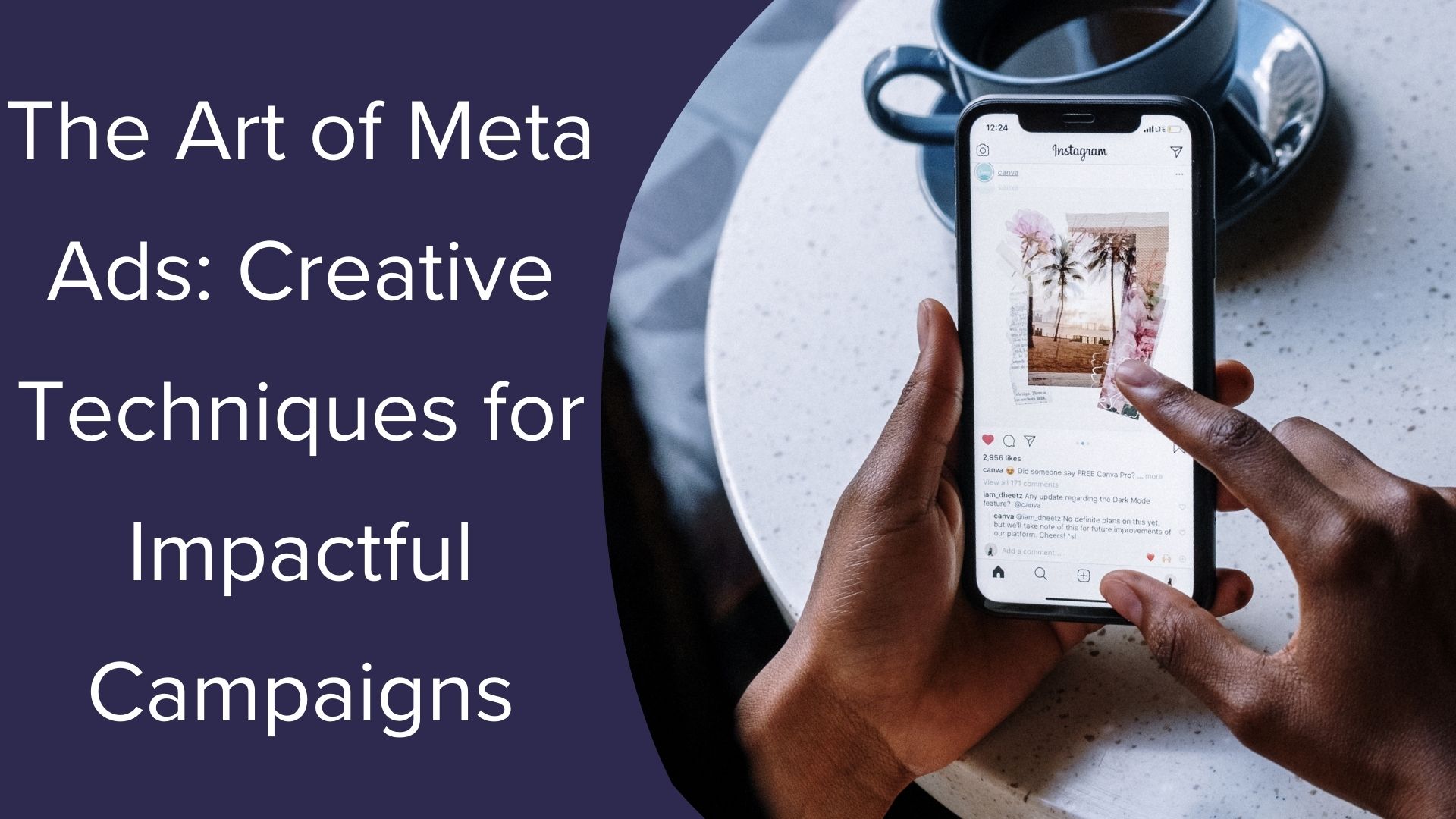Disaster by Association: The Importance of Selective Branding
The opportunity may be there to reach a large audience by pairing with a particular brand but if that brand has lost its trust and reputation then the backlash can fall on yours as well.
It’s just as important to be selective with your branding as it is with your copy & creative.
Consider these statistics from a study published by Weber Shandick:
- 70% avoid buying a product if they don’t like the company behind the product
- 67% increasingly check product labels to find out the company behind the product
- 61% get annoyed when they can’t tell the company behind the product
- 56% spend time researching the company
Since consumers are well educated and understand how to conduct research it’s very easy to dig through search results and find questionable activities that harm the reputation of a brand.
This is also why we have online reputation management services becoming such a hot thing since there are many individuals and companies trying to squelch negatives reviews and feedback from results because they present such a bad image and results in lower sales.
Consumers are starting to get fed up, know they have plenty of choice, and will loathe a brand just out of spite because they are in the way of their activities or they have done something to lose their trust.
This happened all too recently with Reddit.
What became revealing wasn’t just the community outrage over the company activities. Users took it upon themselves to boycott buying Reddit Gold (which is one form of Reddit’s revenue) along with boycotting those brands advertising on the platform.
Think about that for a moment…
An error in judgement made by another brand now paints dozens of reputable ones as “enemies” – this is the disaster by association. Many of these brands had already paid for ad space and were locked into the campaign schedule but it goes to show that consumers can mob up and go after brands with their pitchforks on a whim.
So what are you to do to avoid these swings of consumer emotion?
It comes down to due diligence when working with brands:
The people – Get to know the people behind the company rather than just the sales individuals that may have pitched you on the idea; connect with them on social media and hold frequent online meetings to feel them out and pick up on their sincerity
The history – Negative items about a brand can be squelched due to online reputation management services but they don’t all go away; dig deep into the Web and look at consumer feedback and reports about the company. Take an objective look at their history to see if they are bound to be a repeater of those mistakes.
The community – Listen in on their community and not just those that are “brand ambassadors”; you may find a vocal minority that are pointing out the real flaws with the brand but aren’t being addressed because they aren’t loud enough. These may be real problems that will arise later down the line which could jeopardize the relationship you build wit this brand.
Sometimes you can’t always find the true details about a company until you begin working with them but you should still make an attempt to learn about them as described above.
The moral of the story is to be selective of who you work with based on your due diligence of the company and its brand and to remember that consumer reactions to one brand can negatively affect another if the reputation has been sullied. Keep that in mind.
Image by Laughing Raven




